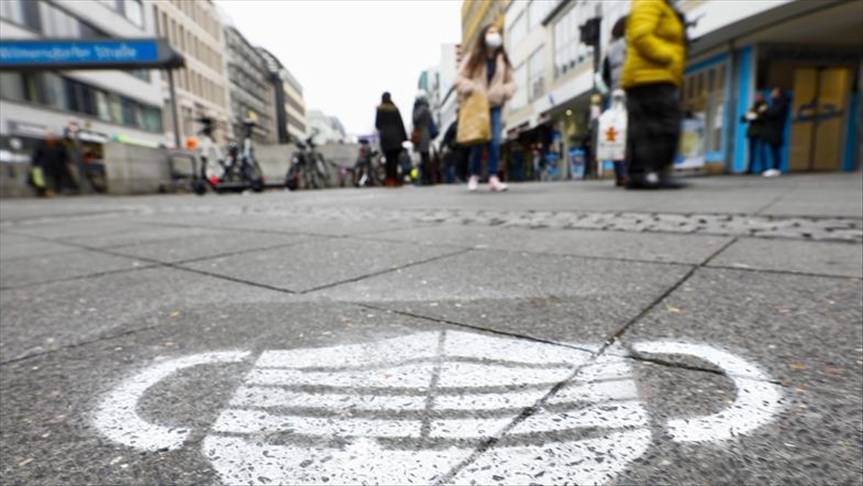France, Germany tighten COVID-19 measures at border
French cross-border workers will require antigen test to enter Germany from March 2

PARIS
Cross-border travelers from France to Germany will be required to produce proof of a negative COVID-19 antigen or PCR test taken within the last 48 hours and an electronic declaration on their purpose of travel from March 2, according to new health measures to curb rising cases of virus variants from France's northeastern Moselle region.
In negotiations late Sunday, the two countries agreed to amend certain rules and avoid a complete border closure.
“The French and German authorities have agreed on the need to avoid any closure of the border and will continue to discuss in the days to come all possible means of alleviating these restrictions depending on the evolution of the health situation,” a statement from the Moselle department said.
Clement Beaune, France’s secretary of state for European Affairs, told BFMTV news that “the controls of these tests will not be carried out at the border point but randomly, in companies, to make life as easy as possible for border workers.”
The border will remain closed for public and private transport companies, affecting regular bus and tram services between Saar and Moselle.
Earlier this week, French officials in consultation with their German counterparts had announced new health measures from March 1, allowing cross-border workers or residents to present a PCR test result on a weekly basis. For other travelers, entry is permitted with an obligatory PCR test not more than 72 hours old.
However, Sunday’s decision by Germany’s Robert Koch Institute, the government agency and research institute responsible for disease control and prevention, to add Moselle to the “virus variant area” list, requiring daily PCR testing for its inhabitants crossing the German border from March 2, had not gone down well with France.
Similar health controls activated at Germany's border with Austria, the Czech Republic and Slovakia had reportedly caused massive traffic chaos.
Beaune said he regretted the German decision as the strict measures would cause border slowdowns and affect French workers who have to cross the border for work.
He added that France was negotiating with its counterparts in Germany, as it wishes to avoid the restrictions of daily PCR virus tests for the 16,000 workers from Moselle.
“They are not crossing for tourism purposes but for work, and that is a problem. This is what we are negotiating for,” he added.
Part of the Grand Est region, Moselle department adjoining Germany -- a closely interconnected border basin region -- was declared a cluster earlier this month owing to a particularly high number of cases with the UK, South African and Brazil variants. The current incidence rate of infection is 286 weekly cases per 100,000 residents.
French health authorities said testing and screening capacities at the Franco-German border have been greatly increased, with more than 60,000 tests performed last week and 30,000 additional vaccine doses sent to Moselle.








